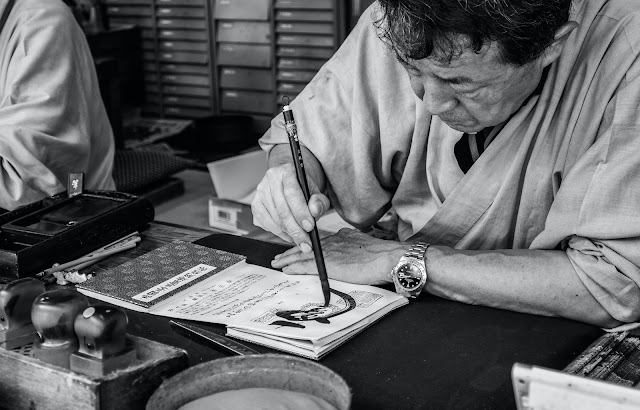5 Best Practices for Remote Workers in the Japanese Father in Law Industry
There is no doubt that remote working has changed in the past few years. Many companies have implemented or are in the process of implementing remote working solutions. When you are working remotely, you are no longer tied to a desk or a physical location, and in some cases,
your work-from-home solution is the only way to access all of your company’s technology .
Remote workers are used in a number of ways, including as security guards, security guards at home, and as security providers at a mobile device or internet-enabled computer. They get their work done remotely at a central location where they can access the internet. They do the same for your family and friends by simply using the web-connected computer to access their work. Remote workers are generally found in some of the most demanding industries. I would personally recommend getting a remote worker certification and doing some research on the company in question before signing anything on your own. By doing research, you can make sure you are working in an environment that respects your privacy and security.
You can also sign a non-disclosure agreement, which is important for some companies because they want to protect you from liability .
To sign an agreement, consider that you are agreeing to not disclose the company to anyone for the time being. After that, you can ask the company if there isn't a clause that says there is a need for you to be at the company to sign the agreement. It can be a hassle for remote workers because signing an agreement on your own is an extra layer of paperwork that you will likely not be able to handle on your own. Remote worker agreements are quite common in the Japanese father in law industry. They have been around for years and are a way to protect you from liability if something goes wrong. However, it can be very difficult for remote workers to handle the paperwork in a way that is clear, concise, and accurate. This is why it's imperative that you find a company that will be honest with you when they say they will be providing remote worker agreements.
I want to be clear that I am not in this industry, nor even remotely interested in it .
I am writing this as a remote worker myself, but I am also an expert in Japanese law and a father in law myself. In Japan, the father in law industry is a career that you earn by working with a client who is the father in law of the heir to the family business. It is basically a partnership. In Japan you are not typically paid a salary for your service. In Japan, the father-in-law is more like a slave. Like a slave, you have your own time and space to do your work for you. You are not allowed to leave the house, but you are allowed to come and go as you please. You are allowed to have your own company, but you are not allowed to do your own projects. Basically, you are there just to be a slave.
There are a number of reasons why Japanese father-in-law workers (in addition to the usual lack of pay) go on strike .
They can be the result of a lot of things, but the most common one is that they are worried about the company’s image. They believe that companies that hire relatives get more business, and a family-run business is seen as less trustworthy. The Japanese father-in-law industry is one of the most interesting ways for people to earn money remotely. They can work from anywhere as long as they have a Japanese-sounding phone number, which is usually a number that starts with a zero. Also, they won’t need to travel to Japan to find workers. A lot of the Japanese companies will bring their employees over from other countries to do the work remotely, so they have a lot of clients from that region.






No comments